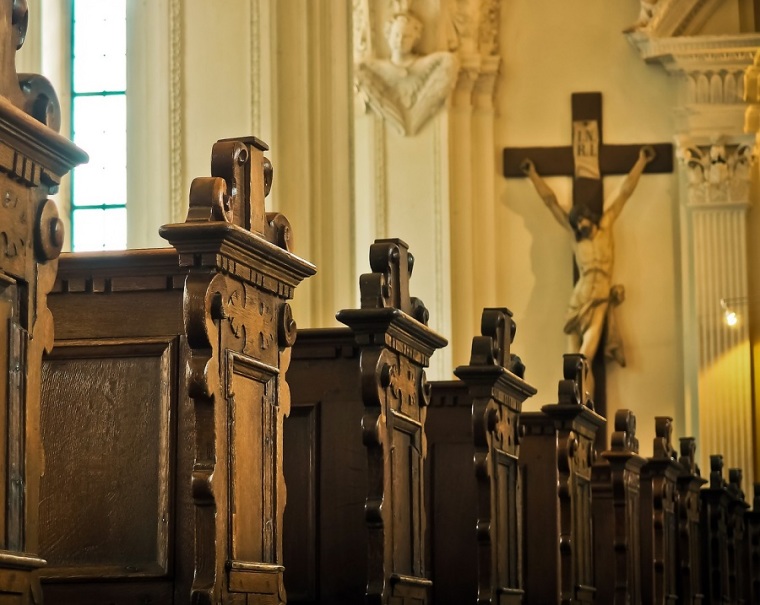

A Filipino cardinal has condemned as "terrorism" a bomb explosion outside a Catholic church in the southern Philippines as clergy in the capital warned they could cancel Masses because of the heightened threat of attacks.
Cardinal Orlando Quevedo of Cotabato was speaking after at least three people were injured in a bomb attack which took place as Mass-goers were leaving Our Lady of Hope Church last Sunday (27 Nov.), the first Sunday of Advent.
The cardinal said the bombing in the town of Esperanza in the southern province of Sultan Kudarat was "made worse because of the sacredness of the place, the sacredness of the day, and the sacredness of the event that had just taken place", UCA News reported.
The cardinal described the bombing as "an attack on innocent human lives [and] an attack on freedom to worship" and urged the security forces to bring those responsible to justice.
Superintendent Romeo Galgo, a regional police spokesman, said intelligence officials believed the homemade device was intended to divert attention from the army's military offensive against the Maute group, which has pledged allegiance to Islamic State. Police and military checkpoints have been set up around the province.
The following day in the capital, Manila, a bomb was found near the US embassy and detonated safely, prompting police to erect checkpoints around Manila to prevent further attacks.
"The Church, for practical purposes, will be more than willing to suspend any liturgical activity if there are threats to the safety of churchgoers," said Fr. Jerome Secillano of the public affairs committee of the Catholic bishops' conference.
Police said another group that has claimed allegiance to the Islamic State was believed to have been behind the foiled bombing.
Also this week, nine members of the security team of Philippines President Rodrigo Duterte were injured after their convoy was hit by an explosive device.
In August, a missionary priest involved in interfaith dialogue told the Catholic charity Aid to the Church in Need that Christians were "living in fear, terrified to speak out" and leaving the region because of the more violent form of Islam that was spreading there. Fr. Sebastiano D'Ambra added that behind the current complex situation there are hidden geopolitical and military interests.
Courtesy of World Watch Monitor